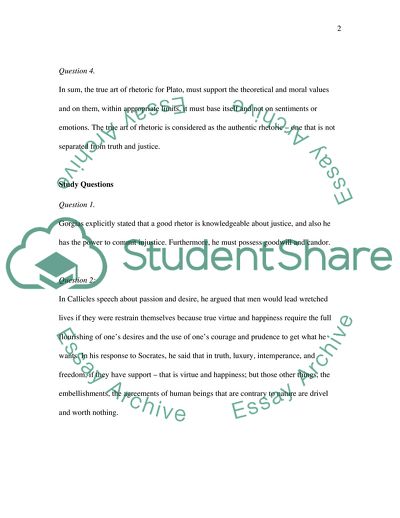Cite this document
(The History & Theory of Rhetoric Assignment Example | Topics and Well Written Essays - 2250 words, n.d.)
The History & Theory of Rhetoric Assignment Example | Topics and Well Written Essays - 2250 words. https://studentshare.org/philosophy/1727274-the-history-theory-of-rhetoric-herric-james-a-2009-4-ed
The History & Theory of Rhetoric Assignment Example | Topics and Well Written Essays - 2250 words. https://studentshare.org/philosophy/1727274-the-history-theory-of-rhetoric-herric-james-a-2009-4-ed
(The History & Theory of Rhetoric Assignment Example | Topics and Well Written Essays - 2250 Words)
The History & Theory of Rhetoric Assignment Example | Topics and Well Written Essays - 2250 Words. https://studentshare.org/philosophy/1727274-the-history-theory-of-rhetoric-herric-james-a-2009-4-ed.
The History & Theory of Rhetoric Assignment Example | Topics and Well Written Essays - 2250 Words. https://studentshare.org/philosophy/1727274-the-history-theory-of-rhetoric-herric-james-a-2009-4-ed.
“The History & Theory of Rhetoric Assignment Example | Topics and Well Written Essays - 2250 Words”. https://studentshare.org/philosophy/1727274-the-history-theory-of-rhetoric-herric-james-a-2009-4-ed.


